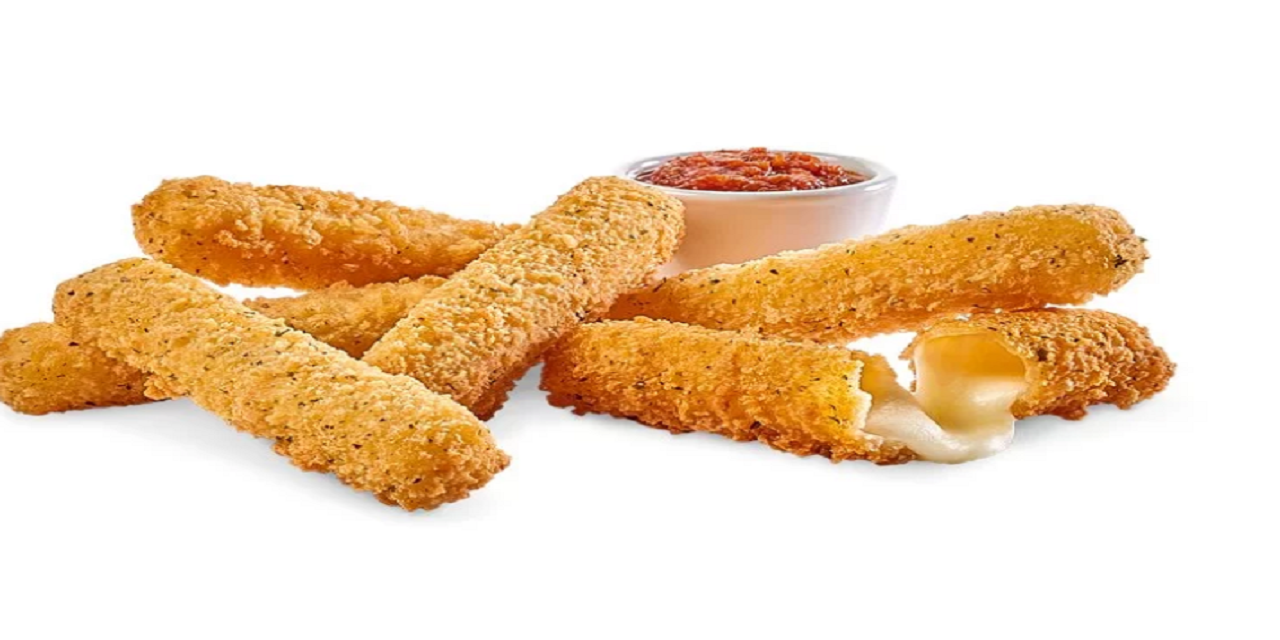NEW YORK (Legal Newsline) – A vegetarian who was surprised Buffalo Wild Wings cooked her french fries and mozzarella sticks in oil containing a meat product is not giving up on her lawsuit against the popular restaurant chain.
Though a federal judge wasn't buying their argument, vegetarian Alexa Borenkoff and her attorney, Michael Louis Braunstein, have appealed the dismissal of their lawsuit, which alleges the restaurant uses beef tallow in some products and does not disclose it to its customers, causing them to unknowingly consume a meat product.
In January, Judge Katherine B. Forrest, of the U.S. District Court of the Southern District of New York, granted the defendants' motion to dismiss, noting that the french fries and mozzarella sticks ordered twice by Borenkoff were not presented as vegetarian options on the menu.
The notice of appeal to the U.S. Court of Appeals for the Second Circuit was dated Feb. 16. Forrest wrote that Borenkoff can barely plead she has Article III standing to pursue a lawsuit, and she also failed to state a claim for relief.
"Borenkoff paid for french fries and mozzarella sticks, and that is ultimately what she received. Although Borenkoff now claims that she had an expectation that the items she ordered were prepared using non-beef cooking oil (in part based on the alleged 'industry standard'), she does not even attempt to allege that the beef tallow harmed her, that the items were 'defective' as a result, or that they were worth objectively less than items cooked using non-beef oil," Forrest wrote.
"To be sure, Borenkoff alleges at various points that she paid a 'premium' for the beef tallow-fried items, and that '[t]he cost of the items [she] purchased was effected by BWW[‘s] material misrepresentations and omissions,' but it is unclear from the (First Amended Complaint) exactly how the cost of the items was effected, or why she believes she paid a premium."
Borenkoff originally filed a class action lawsuit against Buffalo Wild Wings in November 2016. Blazin' Wings was subsequently added to the complaint in April 2017.
The class action alleged that Borenkoff and another vegetarian were damaged by being misled to purchase french fries and mozzarella sticks fried in beef tallow.
On April 24, 2017, both Buffalo Wild Wings and Blazin' Wings filed a motion to dismiss that challenged claims made under the New York Deceptive Acts and Practices law and for unjust enrichment.
The motion to dismiss states “[The] plaintiff’s claims of economic injuries related to the purchase price of the menu items, and her conclusory and unsupported allegations of ‘premium’ payments for these items, are insufficient to confer Article III standing."
Borenkoff argued that she paid a "premium" price for the menu items, which confers the standing of Article III.
Buffalo Wild Wings argued that Borenkoff and her counsel lacked the ability to prove her injunctive relief claims because “she failed to demonstrate that she suffered a ‘real and immediate threat of future injury’ as a result of the challenged conduct."
The company argued further that because Borenkoff did not disclose her subjective dietary restrictions at the time of her order, and since the company received the same benefit it would have from another paying customer ordering the same menu items, both counts are therefore unsubstantiated.
"In any event, the (First Amended Complaint) does not plausibly allege any facts tending to suggest that it would be 'against equity and good conscience' to permit defendants to retain the purchase price of the food items at issue," Forrest wrote.
"Defendants are not alleged to have marketed the food items as 'vegetarian' or 'free from beef tallow,' and though the FAC makes clear that Borenkoff is frustrated that her expectations (reasonable or otherwise) were not satisfied, the facts here are not suggestive of any type of unusual equitable obligation running between the two parties, who engaged in an arms-length commercial transaction."
